Bachelor of Arts (Honours) - English Literary Studies

学历文凭
Bachelor Degree with Honours

专业院系

开学时间

课程时长

课程学费

国际学生入学条件
International Baccalaureate - 27
IELTS (Academic) including IELTS for UKVI (Academic) - Minimum overall score of 6.5 with no band less than 6.0 (must include Academic Reading and Writing modules).
TOEFL - Essay Rating / Test of Written English (TWE) of 4.5 and either 230 (Computer-based) or 570 (Paper-based) score.
TOEFL - Internet-based Test (iBT): An overall score of 82 with a minimum score of: 22 in the Writing section, 18 in the Reading section, 20 in the Speaking section, and 20 in the Listening section.
IDP—雅思考试联合主办方

雅思考试总分
6.5
- 雅思总分:6.5
- 托福网考总分:82
- 托福笔试总分:570
- 其他语言考试:PTE (Academic)- An overall score of 64 with a minimum score of 59 in the speaking and writing sections, and no less than 54 in the listening and reading sections.
CRICOS代码: 003742D
申请截止日期: 请与IDP联系 以获取详细信息。
课程简介
相关申请
 预科
预科 奖学金
奖学金 实习机会
实习机会 在校学习
在校学习 跨境学习
跨境学习 校园授课-线上开始
校园授课-线上开始 在线/远程学习
在线/远程学习
开学时间&学费
学费信息仅供参考,请与IDP联系以获取详细信息
| 开学时间 | 时长 | 学费 | 地点 |
|---|
学校排名

世界排名134
数据源:
泰晤士高等教育世界大学排名
关于西澳大学

自110多年前成立以来,西澳大学(UWA)一直致力于激发变革,帮助塑造具有无限潜力的下一代领导者。作为西澳大利亚州第一所顶尖大学,西澳大学将激情、活力和洞察力融入教学、学习和研究中,取得了改变生活的成果。通过合作、研究、创新课程和对学生体验的承诺,西澳大学已跻身世界百强大学行列(2025年QS世界大学排名)。西澳大学的声誉由学者、研究人员、学生和大学合作伙伴共同铸就,他们携手解决世界上最严峻的挑战。 如今,来自100多个国家的28000多名学生以西澳大学为家。学生们加入了一个由充满激情、睿智和足智多谋的学者组成的社区,共同推动创新和变革。他们与教育、科研和产业界的领军人物联系和合作,追随着15万多名鼓舞人心的毕业生的脚步。西澳大利亚州首府珀斯拥有繁荣的经济、充满活力的文化氛围和令人叹为观止的自然美景,为生活、工作和学习提供了一个温馨的环境。在国际留学目的地中,珀斯有着得天独厚的优势,是商务、研究和全球企业的便捷门户。这座多元文化中心在全球最宜居城市中排名第 15 位(2024 年版《经济学人》 ),对于国际学生而言,珀斯比悉尼和墨尔本更加经济实惠(《经济学人》信息部《2023 年全球生活成本报告》)。
本校相关课程

卫生专业教育硕士-研究重点
学历文凭
Masters Degree (Coursework)
开学日期
课程费用总额


城市和区域规划硕士-课程
学历文凭
Masters Degree (Coursework)
开学日期
课程费用总额


法医学硕士
学历文凭
Masters Degree (Research)
开学日期
课程费用总额


国际关系研究生文凭
学历文凭
Graduate Diploma
开学日期
课程费用总额

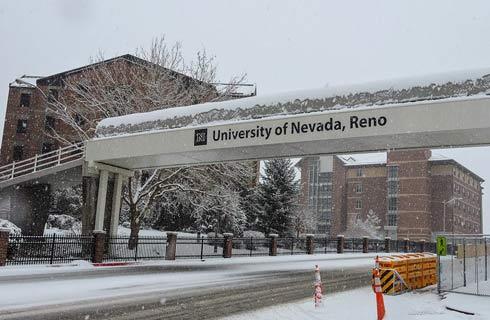
社会工作硕士
学历文凭
Masters Degree (Coursework)
开学日期
课程费用总额


国际关系研究生证书
学历文凭
Graduate Certificate
开学日期
课程费用总额

其他相关课程
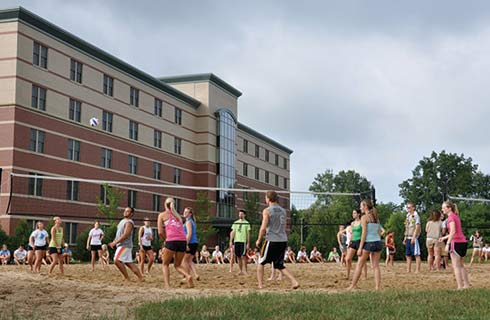
剑桥考试准备CAE
 International House Sydney
International House Sydney学历文凭
English Language
开学日期
课程费用总额


English for Academic Purposes [Advanced]
 RMIT English Worldwide
RMIT English Worldwide学历文凭
English Language
开学日期
课程费用总额

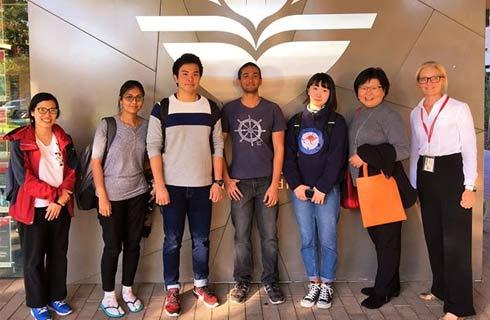
Postgraduate Diploma in English and New Media Studies
 奥克兰理工大学
奥克兰理工大学泰晤士高等教育世界大学排名:506
学历文凭
Postgraduate Diploma
开学日期
课程费用总额

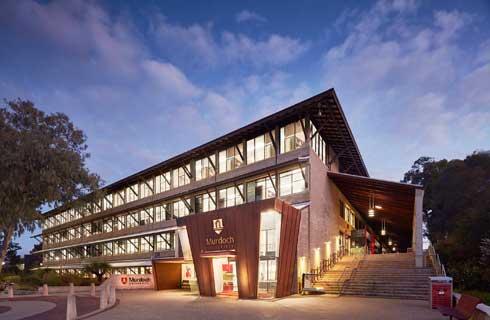
教育学学士(小学)和文学士-英语专业
 麦考瑞大学
麦考瑞大学泰晤士高等教育世界大学排名:167
学历文凭
Dual Degree
开学日期
课程费用总额


Bachelor’s Enhancement Programme Pre Sessional English
伯恩茅斯大学预科
学历文凭
English Language
开学日期
课程费用总额

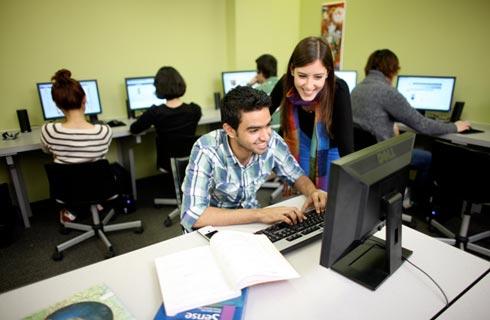
New Zealand Certificate in English Language (Professional) (Level 5)
 国立中部理工学院
国立中部理工学院学历文凭
English Language
开学日期
课程费用总额










